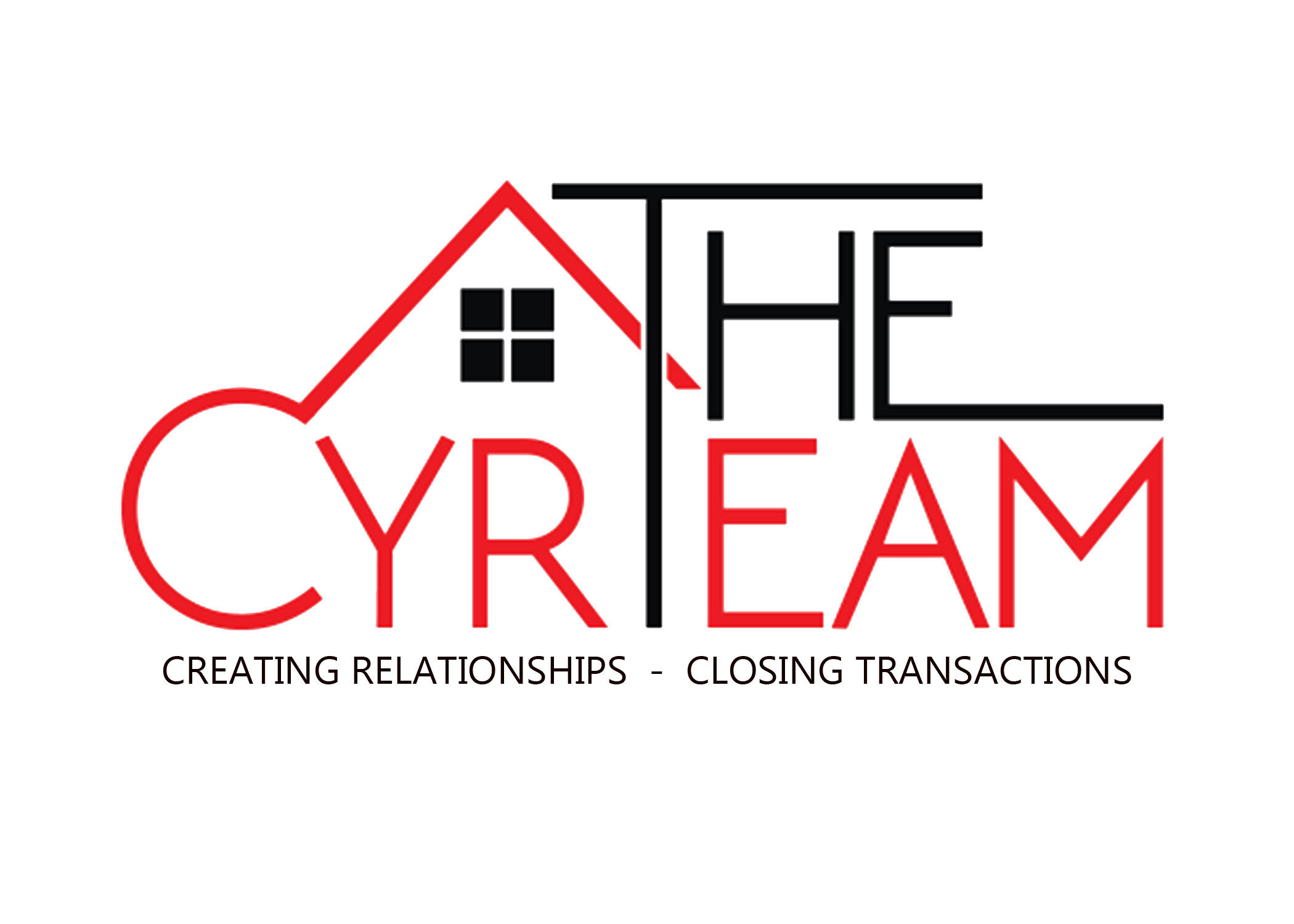Title fraud (aka “home title theft”) is a growing problem throughout the country. It is a horrible type of real estate fraud and identity theft that could end up costing you ownership of your property or cause serious financial trouble. It happens when someone uses a homeowner’s personal information to forge a deed and use it for financial gains.
One common form of title fraud involves someone using a forged deed and your personal information to get approved for a home equity loan or home equity line of credit (HELOC). They take the money and then don’t make payments, which can expose the homeowner to significant credit damage, debt and even potential foreclosure. Title fraud can also be a major concern for people who own second homes or vacant properties. A criminal could forge ownership documents and sell the property without you even knowing about it. These are some of the worst-case scenarios when it comes to deed and title fraud, but they go to show what kind of damage can be done if you aren’t taking precautionary measures.
How Do They Get Your Information?
One of the first steps you can take is to be careful with your personal information. There are many ways a cybercriminal may try to access sensitive data such as credit card numbers, bank account access and social security numbers. Be very aware of phishing schemes that happen through social media ads/messages, email and phone calls. Malware, data breaches and unsecured Wi-Fi networks are also susceptible to hackers. In addition, you must be careful when it comes to physical and digital documents, including mail that could be stolen or any important documents that could be lost (birth certificates, property title deeds, mortgage records, etc.).
How Do I Protect My Personal Information?
There are some methods to help protect you in terms of cybersecurity, such as using a secure virtual private network (VPN) for all online activity. Just being diligent about when and where you share certain information such as log-in passwords. Always be skeptical when receiving a message or clicking through a link if you aren’t 100% certain that it is safe. If it feels like a scam, it probably is. There are also identity protection services you can use. However, the more steps you can take to protect yourself, the better.
Title Fraud Protection
When it comes to title fraud, each of the counties we serve offers a title fraud alert and support service. Most states, counties and cities throughout the country will have something similar, so be sure to do your research and look them up in any areas you own property. Here are the links to some of our local fraud protection alerts:
What Do I Do if I’m a Victim of Identity Theft or Title Fraud?
If you do fear that your identity has been stolen or you are the victim of some sort of fraud like home title theft, there are some important steps you can take. You will want to contact the three main credit bureaus (Equifax, TransUnion and Experian). You can file a police report and close any unauthorized accounts as soon as possible. You should also contact your mortgage lender to avoid any impact on your home loan or property ownership. Keep detailed records of every correspondence and document related to the theft in case you need to take legal action.
The good news is deed and title theft is not as common as other types of identity theft and cybercrimes, but it is worth knowing about if you own property. Look out for any signs of unusual activity when it comes to your personal accounts, credit ratings and online interactions. Take proactive steps to protect yourself as much as possible, and be prepared just in case something bad does happen.
If you are looking to make a move or simply have questions about the real estate process, contact The Cyr Team today!

